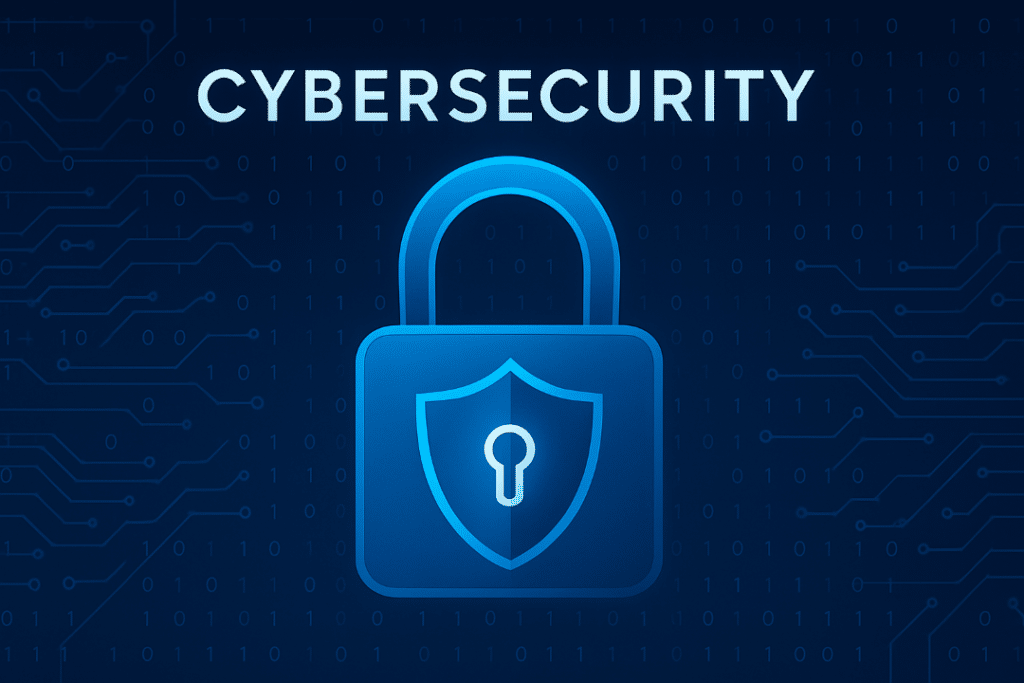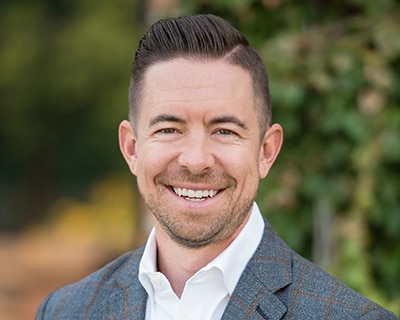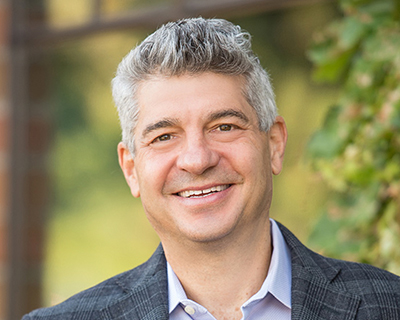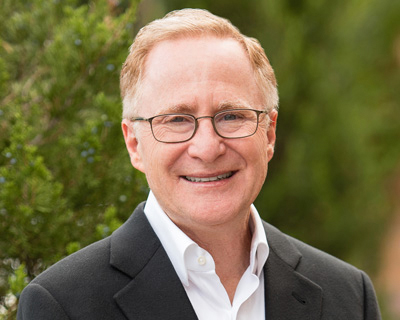At CCM, we take cybersecurity very seriously. With scams becoming more frequent—and more sophisticated—we felt it was important to educate our clients and open the conversation to the wider community.
As a financial advisor and the president of CCM, I see firsthand how cyber fraud affects people from all walks of life. While seniors are often the most vulnerable, no one is immune.
So, in collaboration with the Boulder JCC—where I also serve on the board—we hosted an informal roundtable conversation on March 17th. The setting was warm and welcoming, with a Mediterranean meal generously provided by The Bridge House, a local nonprofit supporting adults facing homelessness.
We had a great turnout—about 125 in-person attendees and more joining us via livestream. But what made the event truly special was the audience engagement. The questions were thoughtful, the conversation was lively, and the energy reflected how much this topic resonates.
I had the pleasure of moderating a Q&A with two cybersecurity experts from Schwab—Adam Mosley and Nick Mancini—who brought practical insights and a reassuring depth of expertise. Schwab, like CCM, is deeply committed to helping clients stay secure in a constantly evolving digital world.
To start things off, I asked everyone to raise their hand if they had ever been a victim of a cybersecurity scam. About 40% of the room responded. Then I asked if they knew someone who had been targeted—almost every hand went up.
Cybercrime is everywhere. According to the FBI’s 2023 Internet Crime Report, Americans lost more than $12.5 billion to cybercrime last year, a 22% increase from the year before. It’s not just one-off phishing emails anymore—investment scams, tech support fraud, and identity theft are all on the rise.
But cyber fraud is just the latest version of an ancient problem. I shared an example from 300 BCE when a merchant in Greece intentionally sank his ship after secretly taking out insurance on the cargo. Scams have always existed—they just take new forms.
Today’s criminals prey on emotion—fear, loneliness, confusion, or even kind-heartedness—and they pair that with cutting-edge technology. Our devices put us one click away from catastrophe. Add in the distractions of multitasking, and it’s easy to slip up.
We structured the event around audience questions and distilled some key takeaways—simple steps that anyone can take to strengthen their online defenses:
Passwords & Login Credentials
- Avoid reusing passwords. Use long, unique ones—ideally 15+ characters or memorable passphrases.
- Use a password manager. It encrypts and stores your credentials securely and helps generate strong ones. It’s best practice to use a paid subscription service.
- Turn on multi-factor authentication (MFA). It adds an extra layer of security via a text or email code.
Email Safety
- Be cautious with unknown emails. Don’t open attachments or click on suspicious links.
- Avoid clicking “unsubscribe” on sketchy emails. Mark them as spam instead.
- Never email sensitive information. Use secure portals to share personal or financial data.
- Slow down. Scammers rely on urgency. If something feels off, pause and verify.
Cyber Hygiene
- Avoid public Wi-Fi. If you must use it, connect through a VPN. These apps can be purchased and installed on laptops, phones and other mobile devices, and we recommend subscribing to a paid service.
- Watch out for USB drives. They can contain hidden malware.
- Skip shared computers. Don’t access sensitive accounts on hotel or public machines.
- Keep your software updated. Updates often include security patches that close known gaps. If your laptop, phone or tablet cannot update its software, it’s time to replace it.
At CCM, we’re committed to helping our clients and the broader community stay ahead of the threats. If you have questions or want a second look at your digital security setup, we’re always here to help.
Disclosure: This communication is for informational purposes only and does not constitute legal, cybersecurity, or investment advice. While there’s no one-size-fits-all solution, small steps can meaningfully reduce exposure to cyber risk. CCM is not affiliated with Schwab. Opinions expressed are those of the presenter and may not reflect those of Schwab.
As a serial entrepreneur and world traveler, Lee Strongwater, president of Colorado Capital Management, brings a global perspective to investments and life planning.
Editor’s Note: This blog post is for informational purposes only and does not constitute financial, legal, or tax advice. Readers are encouraged to consult with a qualified professional regarding their individual circumstances. Please refer to our firm’s website for full disclosures and important information: CCM Website Disclaimer












